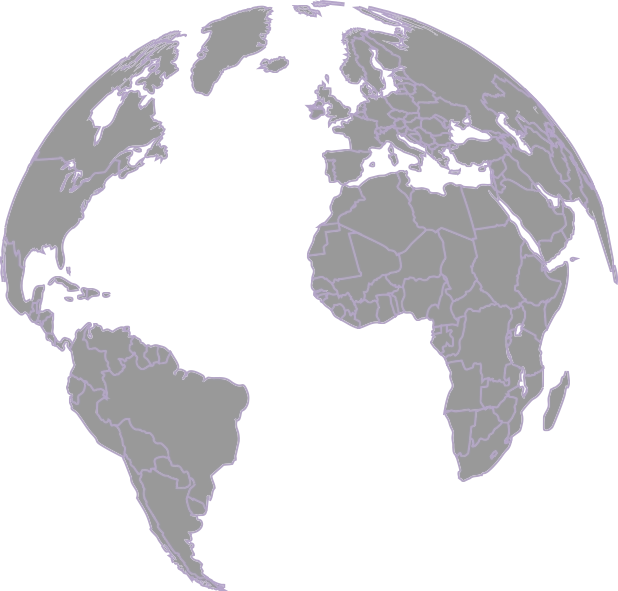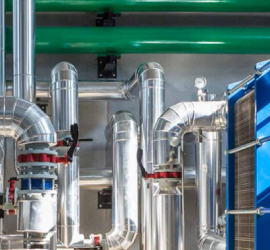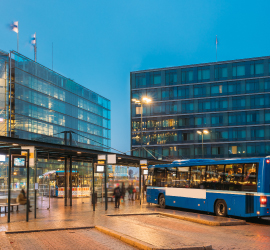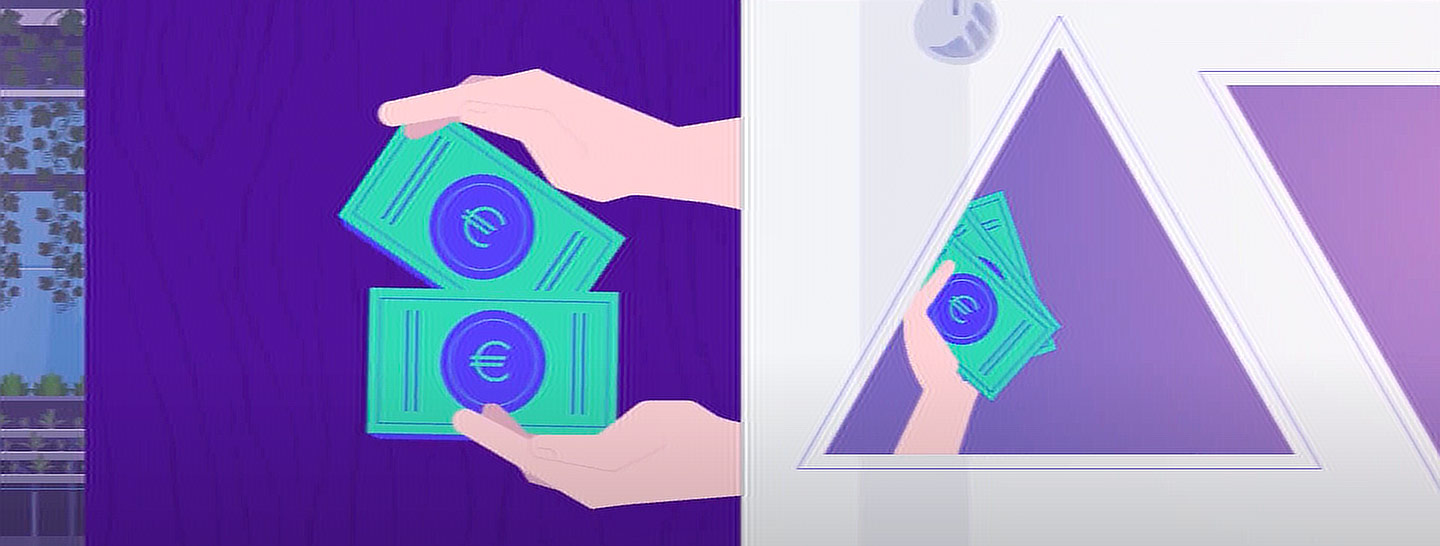
Enel X, sustainability is in our DNA

Enel X at the heart of the energy transition

Sustainability=value, the future in one formula
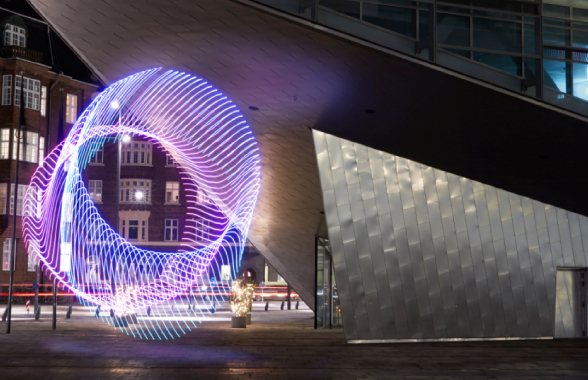
We have also developed a series of innovative tools for measuring and accelerating circularity, applying these to our own solutions to certify their circularity and also making them available to other companies and public administrations. The Circular Economy Score, in fact, measures the degree of circularity of individual products with a score from 1 to 5. The Circular Economy Report analyses and measures the energy circularity of the company and all of its corporate premises, and the Circular Economy Boosting Program pinpoints all the actions necessary to increase the circularity of the business, the site and individual product.
How we at Enel X boost value
If we then focus on energy efficiency in our homes, we can see that similar trends have led in recent years to lower prices for LED lights, smart meters and technologies for the smart home in general.
Similarly, in urban areas, the technological shift enabled by digitalisation is offering cities smart solutions that are tailored to the needs of citizens and capable of providing more efficient services at a lower cost. These include energy efficiency systems for public administrations, digital service management platforms such as City Analytics and YoUrban, or solutions such as the latest generation of JuiceLamp, which integrates adaptive public lighting, charging stations for electric vehicles and traffic management systems.
These are only some practical examples of our company's daily commitment to finding solutions that can improve quality of life for everyone, every day. Our pole star is always one simple equation: sustainability = value.
